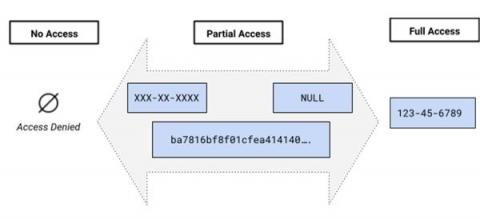Talend is a Leader in The Forrester Wave: Enterprise Data Fabric, Q2 2022
Since we launched Talend Data Fabric in 2015, we’ve believed strongly that merely focusing on the mechanics of data — capturing, moving, and storing data — is not enough to become data-driven. Everyone in the organization must be able to easily find, trust, and use data. That’s what data health is all about, and that’s what Talend makes possible. Forrester looked at the 15 software providers that matter the most when it comes to Enterprise Data Fabric.








